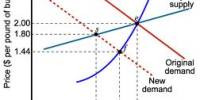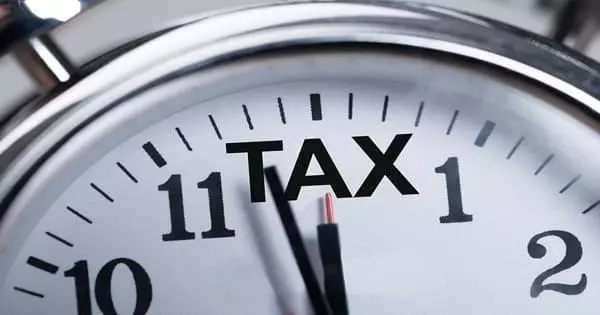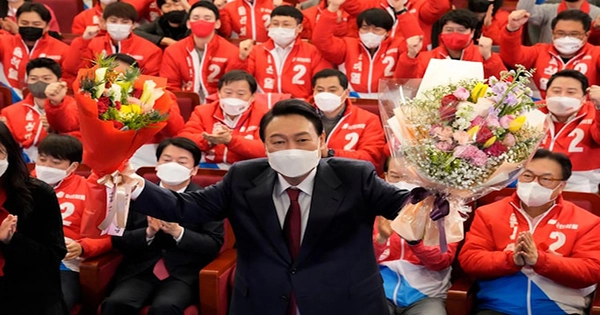Many agreements that are created are perceived to be unfair to one party. Inequality of bargaining power in law, economics, and social sciences refers to a situation where one party to a bargain (bargaining power), contract or agreement, has more and better alternatives than the other party. Sometimes it is the consumer as against the government, but more frequently, these are corporate enterprises that have a near-monopoly, if not a monopoly. This results in one party having greater power than the other to choose not to take the deal and make it more likely that this party will gain more favorable terms and grant them more negotiating power (as they are in a better position to reject the deal). The perception is that a person who enters into a contract with free consent is bound by what has been agreed to unless there are elements of fraud or duress or even misrepresentation and undue influence.
Inequality of bargaining power may arise in a number of ways. A person may be intellectually weaker by reason of a disease of the mind, economically weaker or simply situationally weaker because of temporary circumstances. Alternatively, the “weakness” may arise out of a special relationship in which trust and confidence have been reposed in the other party. As a result, small businesses, middle-income consumers and similar entities have been largely denied access to contract doctrines that employ the legal concept of inequality of bargaining power, including unconscionability, adhesion contract analysis and, to a lesser extent, duress, fraud, parol evidence, consideration, and public policy analysis. The comparative weakness or special relationship is, in every case, a fact to be proven.
Inequality of bargaining power is generally thought to undermine the freedom of contract, resulting in a disproportionate level of freedom between parties, and that it represents a place at which markets fail. Courts and commentators have commonly taken the view of standard form contracts that the party who draws them up has disproportionate bargaining power in terms of his ability to impose terms involuntarily on the other party. These impose standards of proof that parties alleging such vitiating factors usually find it impossible in reality to overcome. Where bargaining power is persistently unequal, the concept of inequality of bargaining power serves as a justification for the implication of mandatory terms into contracts by law, or the non-enforcement of a contract by the courts. It has long been acknowledged that inequality of bargaining power is a fact of life in the creation of and reliance on contracts.
















